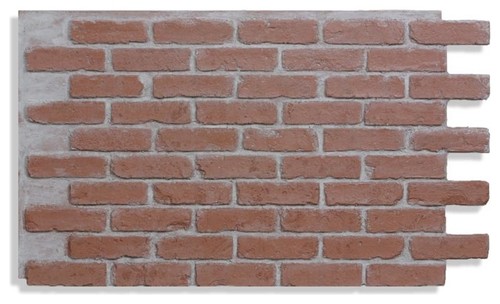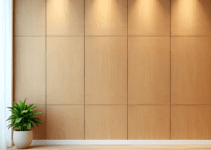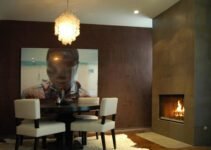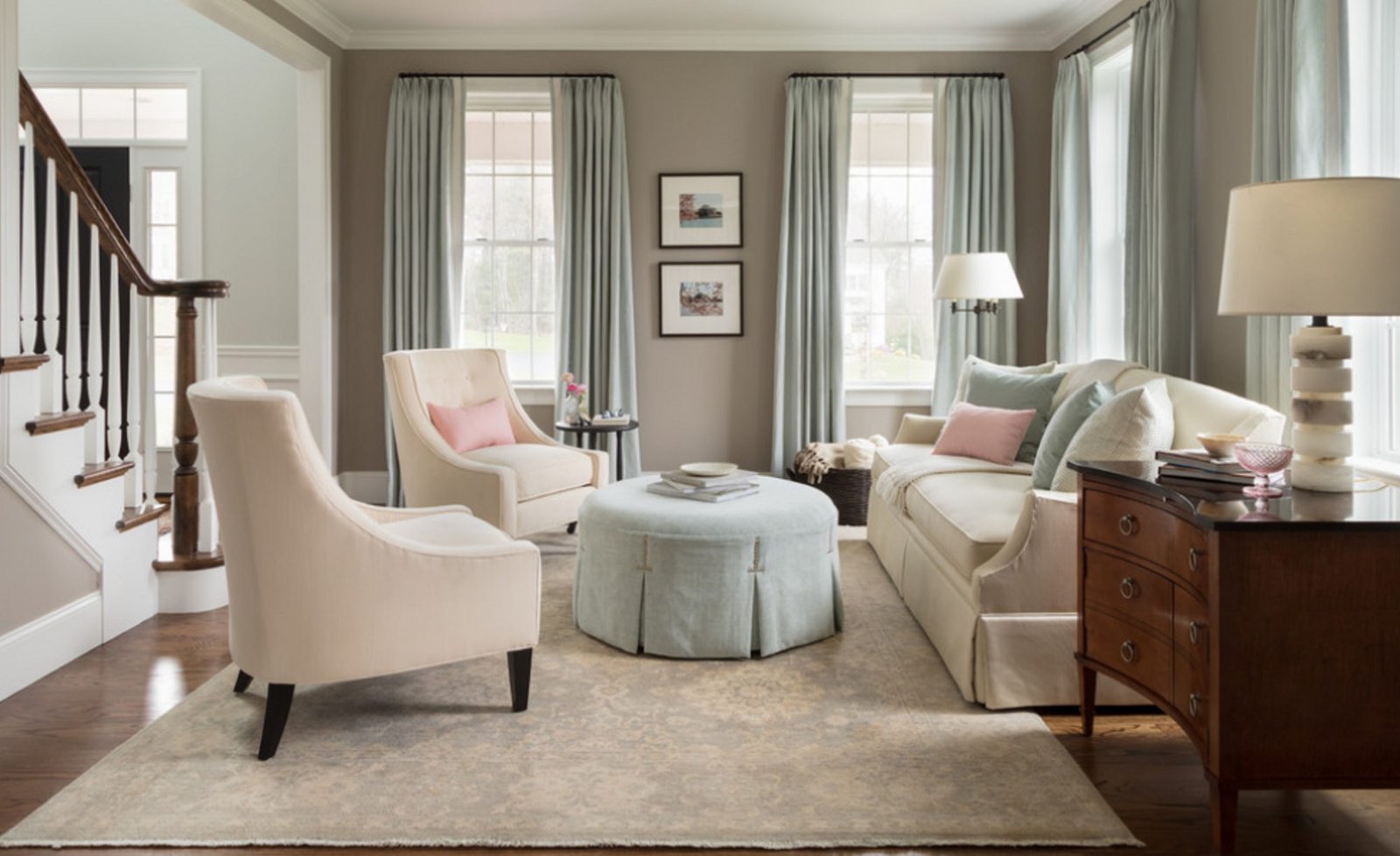Choosing a suitable finish for the façade of the house, patio, or for more demanding interiors such as a sophisticated living room, wine cellar or an attic converted into living space can raise many issues of design and taste.
A simple painted surface of drywall, concrete or plastered wall surface does not look well in all cases, beneficiaries seeking more special and attractive alternatives for such surfaces.

Buy siding and stone veneer on Houzz
A tastefully finished surface gives a special and sometimes luxurious look, inside or outside of your home, although the costs can be quite expensive, depending on the quality of finishes.
Using Brick Paneling
Therefore, a natural stone cladding or faux brick panel will add much to the final look of your house without significantly affecting your budget.
Actually using faux brick, you can solve two issues at the same time. Although this material has primarily a decorative role, it also protects the wall against moisture. Installation is relatively simple and easy, similar to installing ceramic tiles.
Protective Measures
However, before starting the installation of these panels you should take all protective measures. Always you should wear protective glasses and gloves, especially when you are cutting or sanding them.
Application of the Brick Paneling
For the application of faux brick panels on a vertical surface, you can use the same adhesive used when installing ceramic tiles. Adhesive consumption is about 1.8 kg/sq m (4lbs/10.7sqft), drying, occurring after 24 hours interval, and then the surface can be grouted. Always start the installation from the left bottom corner of the wall up.
The Underlying Surface
The quality of underlying surface has a great importance in such installation. If the wall is uneven then it requires correction by plastering. Only after the wall is perfectly even can be started the installation of brick panels.
Faux brick paneling is produced usually in sheets that feel and look like real pieces of bricks. These panels come in sheets between 24/36 inches and 24/48 inches.
Cutting and Sanding
Cutting and sanding the faux brick panels is quite easy and is required especially for trimmings and edges of the wall.
Screwing the Faux Brick Panels for a Firm Hold
These panels come usually with screw holes at their edges. However, if you need, you can drill easily a hole through the panels. It is recommended to screw the faux brick panels if you want a firm and stronger hold. When you are done, you should caulk all the visible holes.
Considerations Regarding the Installation of Panels
Faux brick panels are extremely reliable therefore, there is no need to impregnate the surface with any product having protective role. However, there are special situations, for example in areas with high pollution when you can use waterproofing solutions designed to protect the panels against dirt and facilitate the surface cleaning.
Design Details
A cellar or an outdoor terrace finished in this manner creates a relaxing and intimate atmosphere. Rustic style matches ideally with this finish. A simple table and some wooden benches, colored in a shade close to the wall will be indeed very effective. Also, almost any decorative element in a rustic manner can be successfully integrated in a space finished with faux bricks.
However, these finishes also integrate great in other design styles, but it is recommended to consult prior to installation a specialized designer. This can avoid the unsightly combination of incompatible elements.


